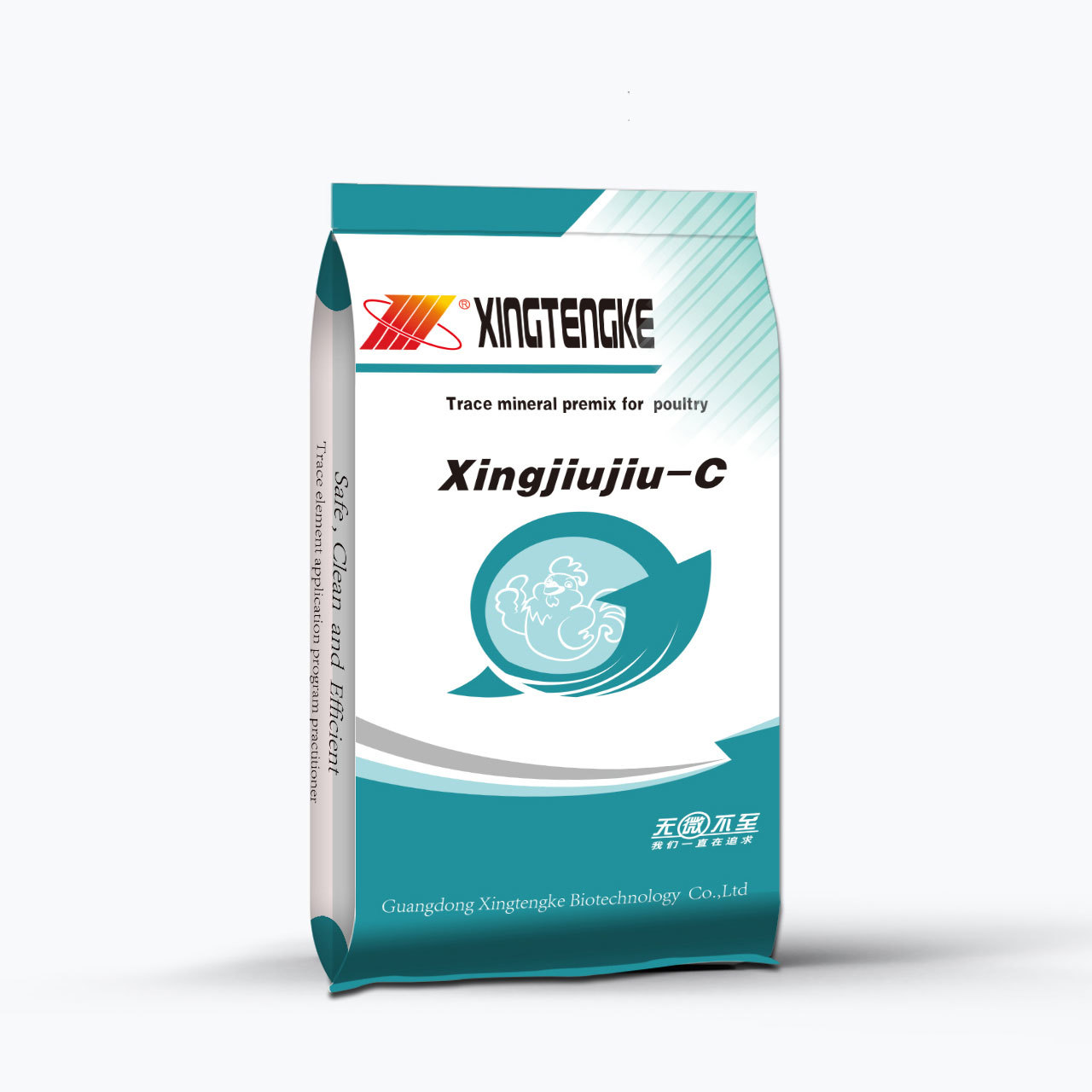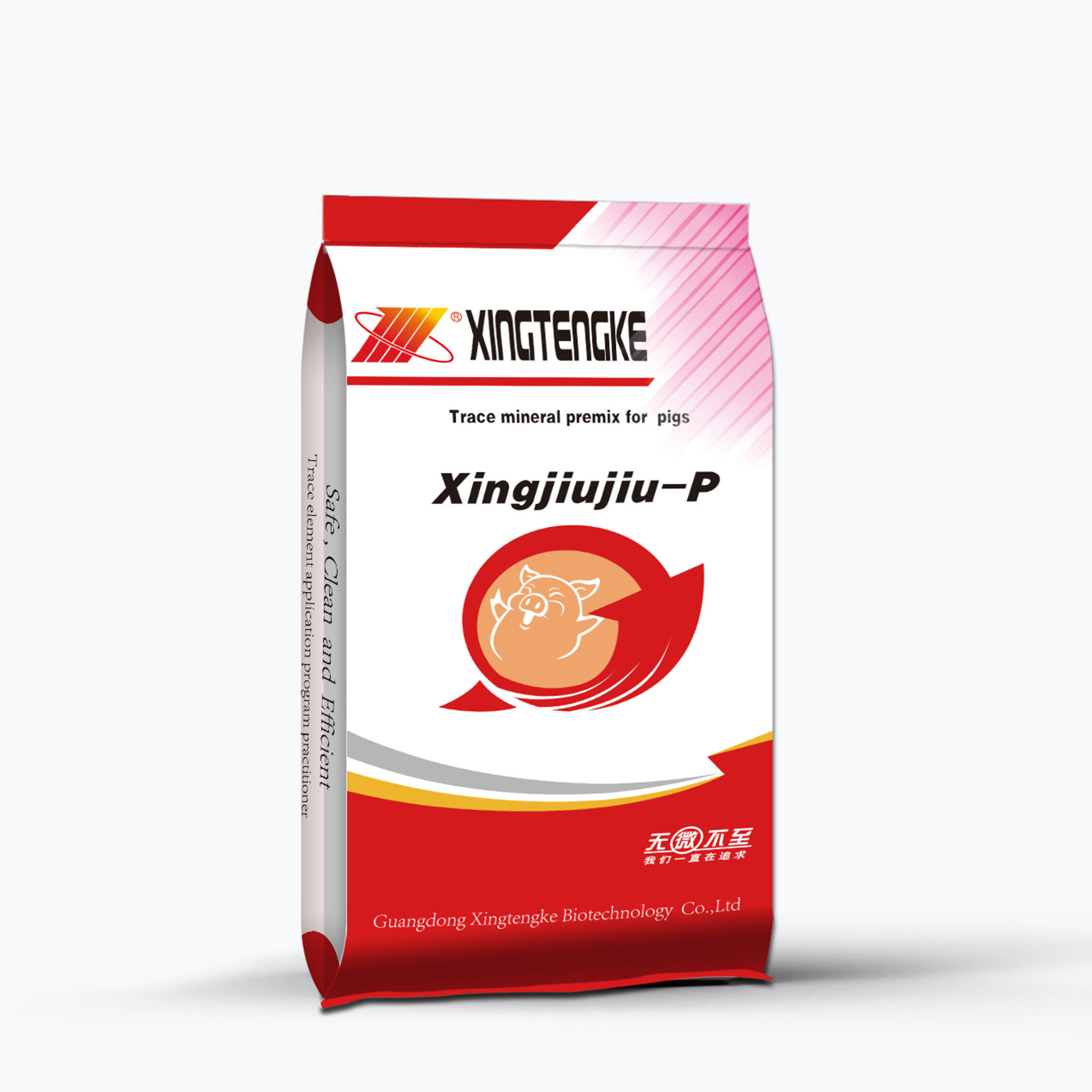Why Organic Trace Minerals Are Essential for Optimal Livestock Nutrition
Release time:
2025-08-22 13:42
Source:
Why Organic Trace Minerals Are Essential for Optimal Livestock Nutrition
Understanding Organic Trace Minerals
Organic trace minerals are micronutrients that play crucial roles in the health and productivity of livestock. Unlike inorganic trace minerals, which are often found in mineral salts, organic trace minerals are bound to organic molecules, making them more bioavailable. This means that livestock can absorb and utilize them more efficiently.
The Importance of Trace Minerals for Livestock Health
Trace minerals, though required in small amounts, are vital for various biological functions. For example, minerals such as zinc, copper, selenium, and manganese support enzyme function, immune response, and reproductive health. Their deficiency can lead to significant health issues and reduced productivity in farm animals.
Key Functions of Organic Trace Minerals
1. **Immune Function**: Organic trace minerals enhance the immune response, helping livestock fight off infections and diseases.
2. **Growth and Development**: Essential for growth, these minerals contribute to proper skeletal development and overall growth rates in young animals.
3. **Reproductive Performance**: Adequate trace mineral levels are crucial for fertility and reproductive success, ensuring healthy offspring.
4. **Metabolic Processes**: Trace minerals play roles in metabolic pathways that affect energy production and nutrient utilization.
The Benefits of Organic Trace Minerals in Livestock Nutrition
Enhanced Bioavailability and Absorption
Organic trace minerals are more readily absorbed in the gastrointestinal tract compared to their inorganic counterparts. This means that livestock can achieve optimal mineral levels without requiring high doses, reducing the risk of toxicity.
Improved Animal Performance and Productivity
Studies have shown that livestock receiving organic trace minerals demonstrate increased growth rates, improved feed efficiency, and higher milk production. By ensuring that these essential nutrients are available in the right form, farmers can maximize the productivity of their livestock.
Positive Impact on Feed Conversion Ratios
Efficient feed conversion is crucial for profitability in livestock farming. Organic trace minerals enhance nutrient metabolism, leading to better feed conversion ratios and ultimately reducing feed costs.
Sources of Organic Trace Minerals
Natural Sources
Organic trace minerals can be naturally sourced from various feeds and supplements. Common sources include:
- **Seaweed**: Rich in trace minerals, seaweed is often used in livestock diets.
- **Yeast Products**: Yeast provides a bioavailable source of trace minerals and supports gut health.
- **Plant Extracts**: Certain plant extracts can be enriched with trace minerals, offering a natural supplement option.
Commercial Supplements
Farmers often utilize commercial organic trace mineral supplements designed to meet the specific nutritional needs of their livestock. These supplements are formulated to provide a balanced mix of essential minerals in a highly absorbable form.
Application of Organic Trace Minerals in Livestock Nutrition
Formulating Diets with Organic Trace Minerals
When formulating diets for livestock, it is essential to consider the specific trace mineral requirements for each species and production stage. Conducting a thorough nutritional analysis can help farmers incorporate the right amounts of organic trace minerals into their feed formulations.
Monitoring Mineral Status
Regular monitoring of mineral status in livestock can prevent deficiencies and optimize performance. Blood tests and other diagnostic tools can help farmers determine the effectiveness of their mineral supplementation strategies.
Challenges and Considerations in Using Organic Trace Minerals
Cost Implications
While organic trace minerals may be more expensive than inorganic forms, their benefits can outweigh the costs. Improved animal health and productivity can lead to better returns on investment in the long run.
Stability and Shelf Life
Farmers must also consider the stability of organic trace minerals during storage and feeding. Ensuring that products are stored correctly can help maintain their efficacy over time.
Best Practices for Incorporating Organic Trace Minerals
Consultation with Nutritionists
Working with animal nutritionists can help farmers tailor their livestock diets to include the appropriate levels of organic trace minerals. This collaboration can lead to more effective nutritional strategies.
Gradual Introduction to Diets
When introducing organic trace minerals into livestock diets, it is advisable to do so gradually. This approach allows animals to adjust and helps prevent any digestive upset.
Frequently Asked Questions (FAQs)
1. What are organic trace minerals?
Organic trace minerals are essential micronutrients that are bound to organic compounds, making them more bioavailable and easier for livestock to absorb.
2. How do organic trace minerals benefit livestock?
They enhance immune function, support growth and development, improve reproductive performance, and aid in various metabolic processes.
3. Why are organic trace minerals preferred over inorganic forms?
Organic trace minerals are more readily absorbed, reducing the need for higher doses and minimizing the risk of toxicity.
4. Can I source organic trace minerals naturally?
Yes, natural sources include seaweed, yeast products, and certain plant extracts that are rich in trace minerals.
5. Are there any challenges in using organic trace minerals?
While they may be more expensive, the long-term benefits in animal health and productivity can justify the investment.
Conclusion
The use of organic trace minerals is essential for achieving optimal livestock nutrition. By understanding their roles, benefits, and sources, farmers can enhance the health and productivity of their herds. Incorporating these vital nutrients into livestock diets is not merely an option; it is a necessity for modern animal husbandry. Ultimately, investing in organic trace minerals contributes to healthier animals, improved productivity, and increased profitability in livestock operations.
organic trace minerals for livestock nutrition









